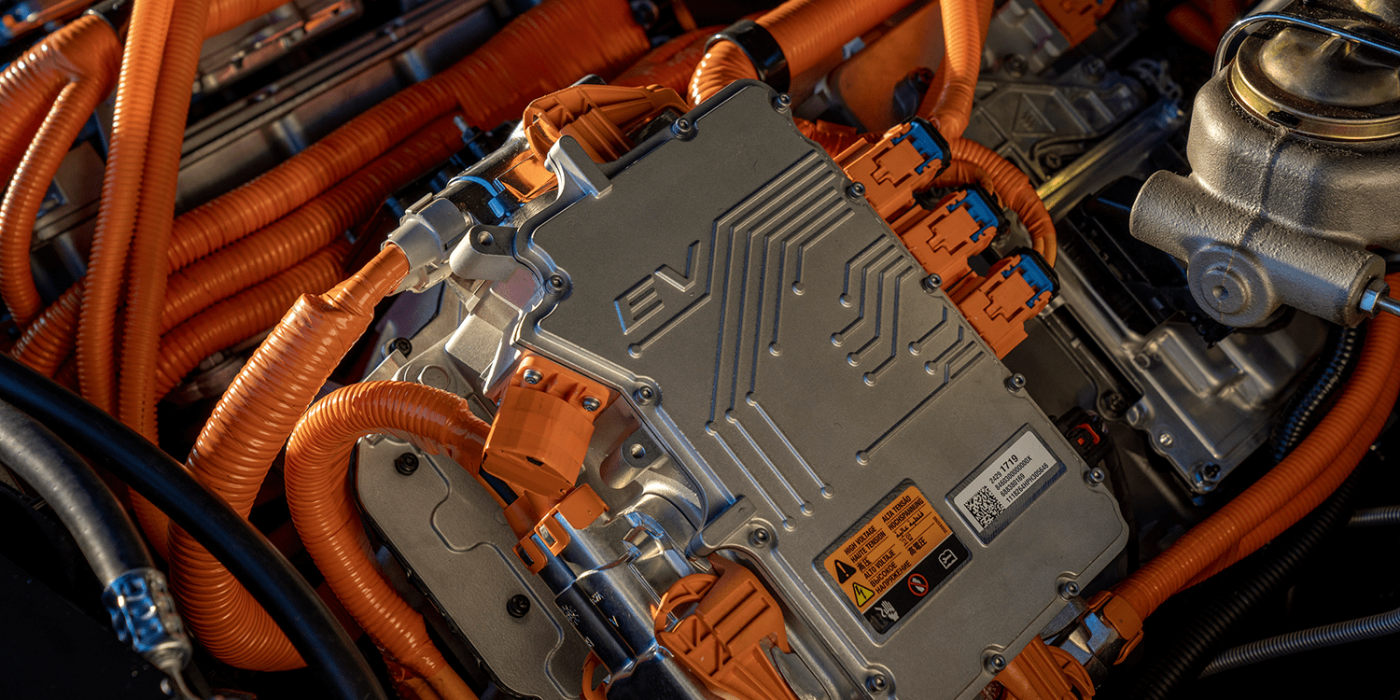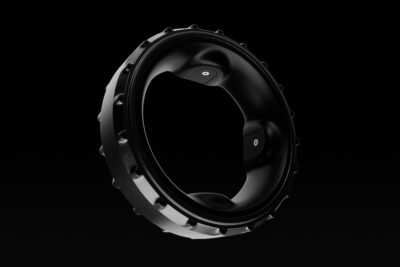Mkango produces recycled rare earth magnets
The process is being developed by HyProMag, a spin-off from the University of Birmingham. The company is part of the Canadian exploration company Mkango Resources, which has now announced the start of production at the Tyseley Energy Park in Birmingham. Not only is it one of the first plants to produce magnets from recycled material, but according to the Canadians, it is also the first UK production of sintered rare earth magnets on a commercial scale in over 20 years.
When commercial production begins mid-2024, the initial throughput will be 20 tonnes of rare earth magnets and alloys annually. It will be increased to at least 100 tonnes per year in the following months. A later expansion to 1,000 tonnes is currently being evaluated.
HyProMag has already gained much experience developing the processes and has produced over 3,000 rare earth magnets in pilot tests. The hydrogen processing of magnetic scrap (“HPMS”) commercialised by HyProMag will be “far cleaner and more energy efficient than traditional magnet recycling processes.”
And Birmingham will be just the beginning. According to the announcement from Mkango Resources, HyProMag will open sites for magnet recycling and manufacturing in Germany in 2024, and it will develop a US site through a joint venture with CoTec in 2025 or 2026.
“HyProMag’s recycling technology has major competitive advantages versus other recycling technologies, and is a key enabler for the cost effective and energy efficient separation and recycling of rare earth magnets, avoiding the need for dismantling, and enabling the production of magnets with a significantly reduced carbon footprint,” says Will Dawes, CEO of Mkango. It creates “a strong platform to advance to commercial production and for the scale-up and roll-out of HPMS technology into Germany, United States and other jurisdictions.”
Mkango’s corporate strategy is to develop new sustainable primary and secondary sources of neodymium, praseodymium, dysprosium and terbium to meet the increasing demand for electric vehicles, among other things.
Permanent magnets are used in a specific type of electric motor, the permanently excited synchronous machine (PSM). The permanent magnets are located in the rotor. Their (static) magnetic field is repelled by the dynamic magnetic field of the coils (i.e. electromagnets) in the stator, which sets the rotor in motion. Although there are also designs that manage without permanent magnets in the rotor, the PSMs achieve a higher power density thanks to the magnets and are generally more efficient.





0 Comments